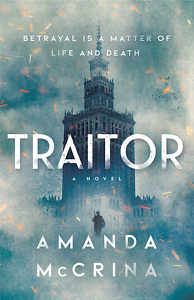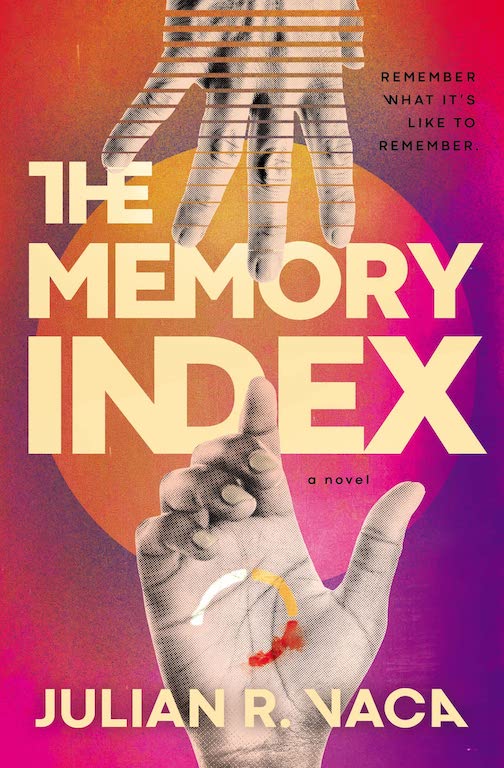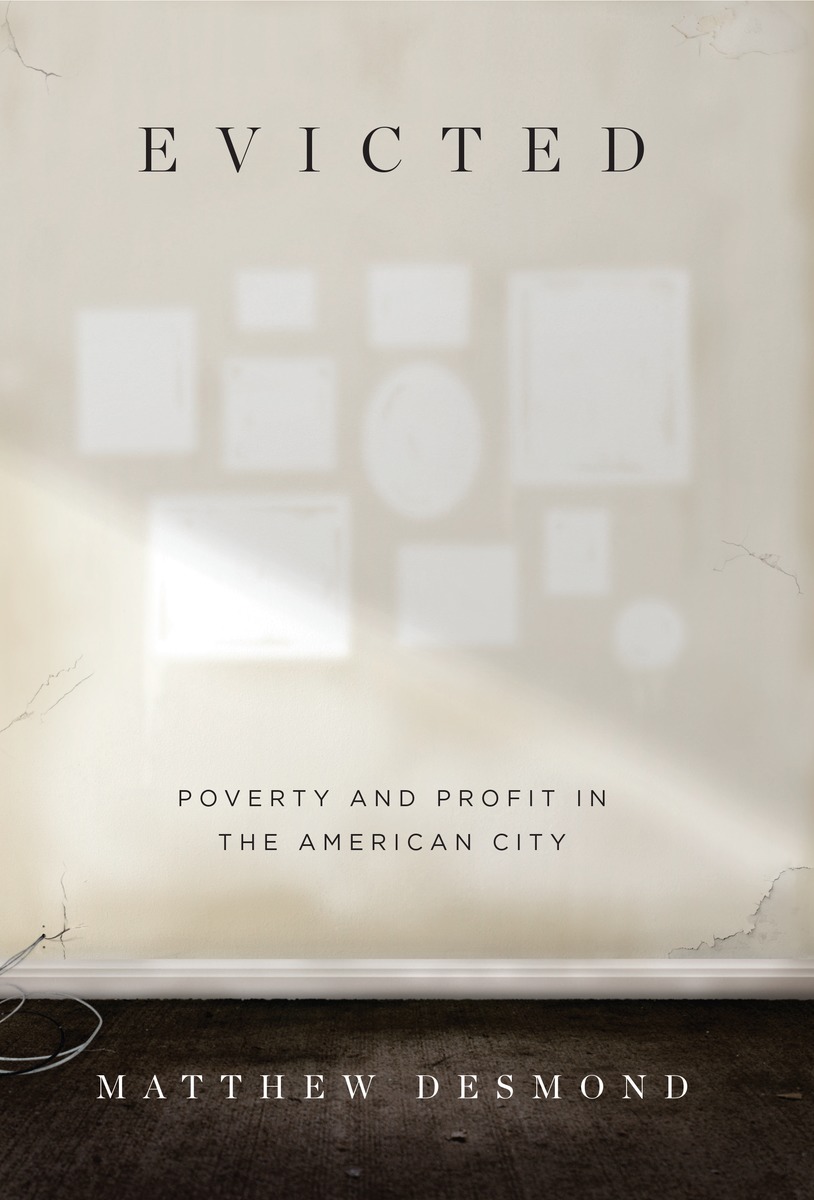Traitor to Whom?
Amanda McCrina’s YA novel explores shifting allegiances in a time of conflict
In Traitor, Franklin writer Amanda McCrina’s latest young adult novel, a young man struggles to uphold his family’s beliefs as he fights for his life. This World War II-era tale, based on a historical conflict that will be unfamiliar to many readers, explores themes of courage, resilience, and betrayal.

Tolya Korolenko’s very blood embodies the conflict that tears his life part. Coming of age just before WWII, Tolya is the son of a Polish mother and Ukrainian father who live in Galicia, a territory over which Poland and Ukraine have been bitterly fighting for years. When the Nazi and Soviet armies begin to clash in the region, his family is fractured, leaving him alone in wartime.
Tolya’s story is gripping from the novel’s first page, but the supplementary materials at the beginning of the book provide historical context that will be essential for most readers. Traitor centers on a very specific time period (1939-1941) in a specific city, Lwów (now called Lviv), the “historic capital and crown jewel of Galicia, a region incorporating parts of both Poland and Ukraine — and, until 1918, part of the Austro-Hungarian Empire.”
McCrina chooses two main characters to deliver the book’s narrative. The first is Tolya, who becomes a sniper for the Soviet Army to avoid starvation. Tolya is in love with a green-eyed sharpshooter named Nataliya Koval, but mounting political tensions make romantic entanglements a survival threat. The second narrator is Aleksey Kobryn (also known by his nom de guerre, Solovey), the elder son of a jailed Ukrainian Nationalist leader, and natural-born leader himself.
Each young man’s story is told chronologically, but their narratives alternate. Tolya’s story begins three years before Aleksey’s, so readers move back and forth in time, as well as between points of view, as they progress through the novel.
Though Tolya is born into the conflict, his narrative really begins when he “accidentally” shoots his fighting unit’s leader, who appears to be assaulting a woman on the street. When Tolya learns that the two were lovers, he must consider what his hot-headed choice will mean for those closest to him — but especially for his love, Nataliya. She advises Tolya to head for the mountains, but before he can take her advice, he is extracted from his own political unit by a group of political rivals led by Aleksey/Solovey.
 After considerable bickering and a gunshot wound, the two fighters develop a relationship (albeit fraught) that highlights their similarities and shared traumas. Each man sees the extreme suffering of the other and tries to honor it by doing his best to protect his friend. Their conversations echo many recurring themes, such as loss of agency in war, surviving personal grief, and the carnage that large-scale political decisions have on those forced to implement them.
After considerable bickering and a gunshot wound, the two fighters develop a relationship (albeit fraught) that highlights their similarities and shared traumas. Each man sees the extreme suffering of the other and tries to honor it by doing his best to protect his friend. Their conversations echo many recurring themes, such as loss of agency in war, surviving personal grief, and the carnage that large-scale political decisions have on those forced to implement them.
Tolya’s struggle centers on his dual ethnic heritage, especially as he sees atrocities committed by both sides. The more people ask him about his heritage, the muddier the waters become, “What was there to say? He wasn’t Polish, and he wasn’t Ukrainian. He was a traitor to his father’s people on account of his mother, and a traitor to his mother’s people on account of his father, and a traitor to both on account of the Reds.”
For Tolya, there is no winning. In war, everyone loses, and some lose everything. His internal struggle to remember his family’s pre-war life and to observe his family’s religious traditions propels him forward. In the end, his main challenge is his personal struggle against hatred. He remembers the teaching of his family priest: “Hate is like hogweed. Easily seeded, easily spread — but you have you ever tried to root out hogweed? … [I]t chokes everything else.”
A gripping, historically grounded YA novel, Traitor would make an excellent interdisciplinary companion for history and English teachers, especially as a vivid addition to WWII units. Students’ understanding of the book could be enhanced with maps and character studies, and the text offers much room for students to explore more complex forms of fiction, though a caveat about the moments of war-related violence would be necessary for classroom use.
Traitor couches deep philosophical questions about war in fast-paced, engaging prose. History lovers will appreciate the well-researched details, and younger readers will enjoy the lightning pace and suspense. The novel offers a powerful opportunity to consider the untold stories of war and reflect upon the resiliency of the human spirit.

Sarah Carter works at Vanderbilt Writing Studio in Nashville. She holds an M.F.A. in creative writing from the Sewanee School of Letters.



